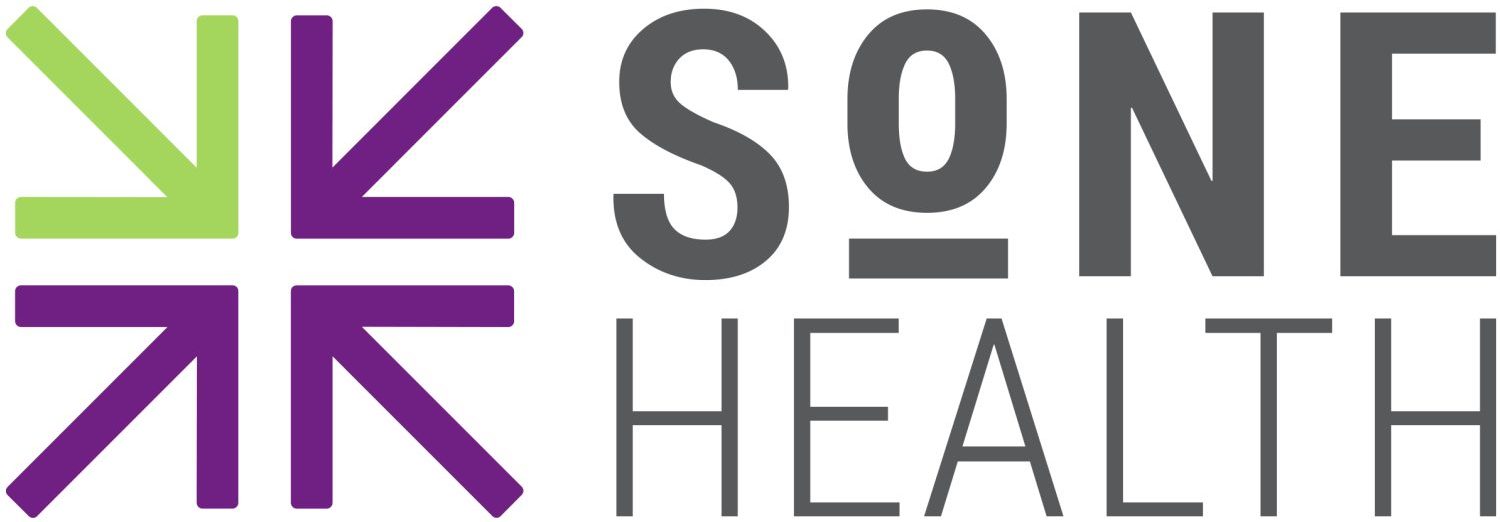The Biden administration is exploring making more payment models mandatory in the future as it implements a more patient-centric vision for value-based care.
Center for Medicare and Medicaid Innovation (CMMI) Director Liz Fowler detailed parts of this vision on Thursday during an interview with Health Affairs Editor-in-Chief Alan Weil. Fowler said voluntary models come with major disadvantages that make it harder to generate health systemwide savings.
“What we have learned from CMMI models over the past 10 years is that voluntary models [are] subject to risk selection, which has a negative impact on the ability to generate system-level savings,” Fowler said.
She added that providers within a system who are not generating revenue in the model tend to exit the program and those doing well tend to stay.
The problem is, CMMI’s federal statute that governs how models are successful is based on whether the model reduced costs across the entire system.
“We are exploring more mandatory models,” Fowler said. “I realize those come with their own set of disadvantages.”
Fowler added that the shift toward more mandatory models was already underway during the Trump administration and reiterated there will not be a change in approach under Biden’s administration.
Her remarks come as CMMI is in the middle of a major review of existing models. Some models that have not gone into effect yet have been paused.
“We are in the midst of the process,” Fowler said of the ongoing review. “We have a sense of where we want to go.”
That direction is to focus models more on the patient than the provider, she said.
The goal is to ensure every Medicare and Medicaid beneficiary has a caring relationship that “includes meaningful accountability for quality and total cost of care.”
She also wanted to move toward a “continuum of accountable care relationships” that range from a primary care practice to an accountable care organization or direct contracting entity, federal health center, or a Medicare Advantage plan.
This shift could result in more virtual care and telehealth as a way to improve the total cost of care, Fowler added.
Another major emphasis of CMMI will be on improving health equity and tackling social determinants of health, a major goal of the Biden administration overall.
“Our model participants need to do a better job of working with community-based organizations,” Fowler said.
Model participants could have to collect and report race and ethnicity data as a requirement for participating, she added.
“We found that some of our models … communities of color have been touched at lower rates,” she said.
Read the full article at www.fiercehealthcare.com.
